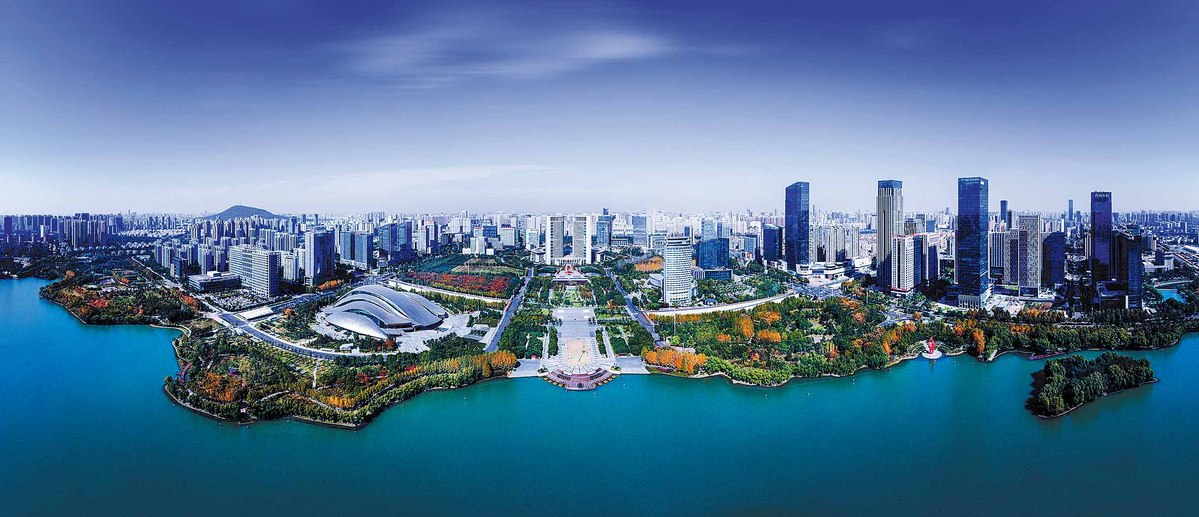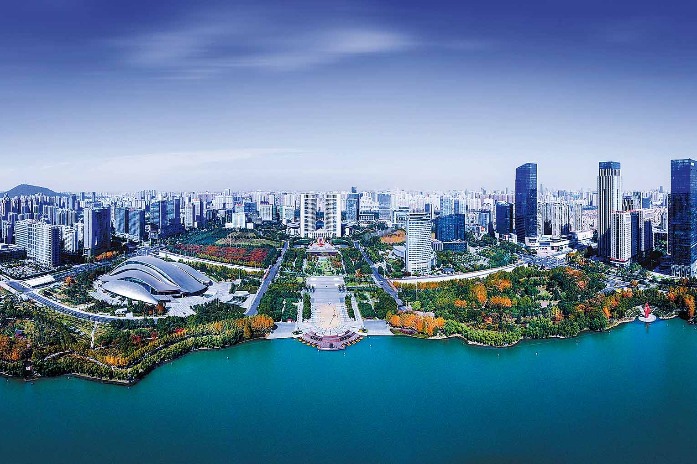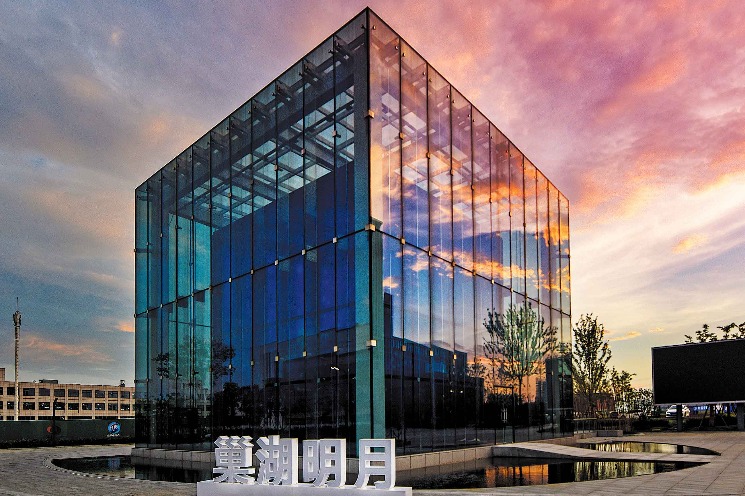Hefei, Anhui hosts the 2025 China Internet Civilization Conference


China kicked off the 2025 China Internet Civilization Conference in Hefei, Anhui province, on Tuesday, bringing together policymakers, industry leaders, researchers and youth representatives to promote a more civil, secure and innovative digital environment.
Being held over two days on June 10 and 11, the event is co-hosted by the Office of the Central Cyberspace Affairs Commission and the Anhui provincial government. Themed "Gathering Positive Energy on the Internet and Leading New Trends of the Era", the conference will feature a main forum, 14 sub-forums and a large-scale interactive technology exhibition.
Yang Jianwen, deputy director of the Office of the Central Cyberspace Affairs Commission, said: "We aim to highlight not just achievements, but also the direction of future work in fostering a vibrant, orderly and people-centered online environment."
Key highlights will include the release of 2025's top online civility case studies, a digital literacy initiative targeting youth, and the recognition of 100 high-performing social media accounts engaged in positive online outreach.
In addition, youth participation is expected to be a prominent topic at this year's conference, with more than half of China's 1.1 billion internet users under the age of 30. Yang said the main forum will issue a youth proposal for internet civility to empower young users to become responsible digital citizens.
The sub-forums will tackle topics ranging from AI governance and personal data protection to combating disinformation and promoting international dialogue on online ethics.
Among the expected releases is also a corporate social responsibility assessment report for internet platforms, along with a new edition of the China internet integrity development report.
As the host province, Anhui is placing significant emphasis on incorporating local culture into the conference experience. Qian Sanxiong, head of the Publicity Department of the Communist Party of China Anhui Provincial Committee, said Hefei's selection as the venue marks the first time the event is being held in China's central region and the Yangtze River Delta region.
"We're integrating elements of Anhui's rich cultural heritage — such as traditional Huizhou architecture, Huangmei opera into the conference," Qian said. He added that the opening night will feature a multimedia show at Luogang park in Hefei, blending high-tech effects with performances rooted in Chinese civilization and futuristic aspirations.
Qian said preparations were "essentially complete", with nine specialized task groups formed to handle everything from logistics and security to volunteer training. "We're working to make this not just a high-standard event, but one with unique regional flair," he added.
Digital literacy is expected to be a core focus. A dedicated sub-forum will see six provinces in the Yangtze River Delta sign a cooperation agreement to jointly promote digital skills development.
Qian said Anhui has already achieved full gigabit broadband coverage in all 16 cities, with 73 million active IPv6 users.
The province has also strengthened cybersecurity awareness, conducting more than 8,000 educational events annually. "We're building a digital society that is both innovative and safe," Qian said.
When asked about integrating traditional culture with modern digital values, Yang said the government has invested heavily in programs to revive and digitize Chinese heritage.
These include short-video campaigns on historical topics, youth-friendly cultural storytelling and AI-powered projects.
Yang stressed that online and offline activities are increasingly being coordinated to extend the influence of these campaigns. "We want big traffic to become the new momentum," he said, "converting clicks into deeper engagement with Chinese culture and identity."
With growing global interest in tech ethics, online governance and youth engagement, Chinese officials hope this year's internet civilization conference will serve as a platform for not only showcasing domestic initiatives, but also exchanging ideas with international counterparts.
"Civilization in cyberspace is a shared global aspiration," Yang said. "We welcome dialogue, cooperation and innovation to make the internet a better place for all."




































